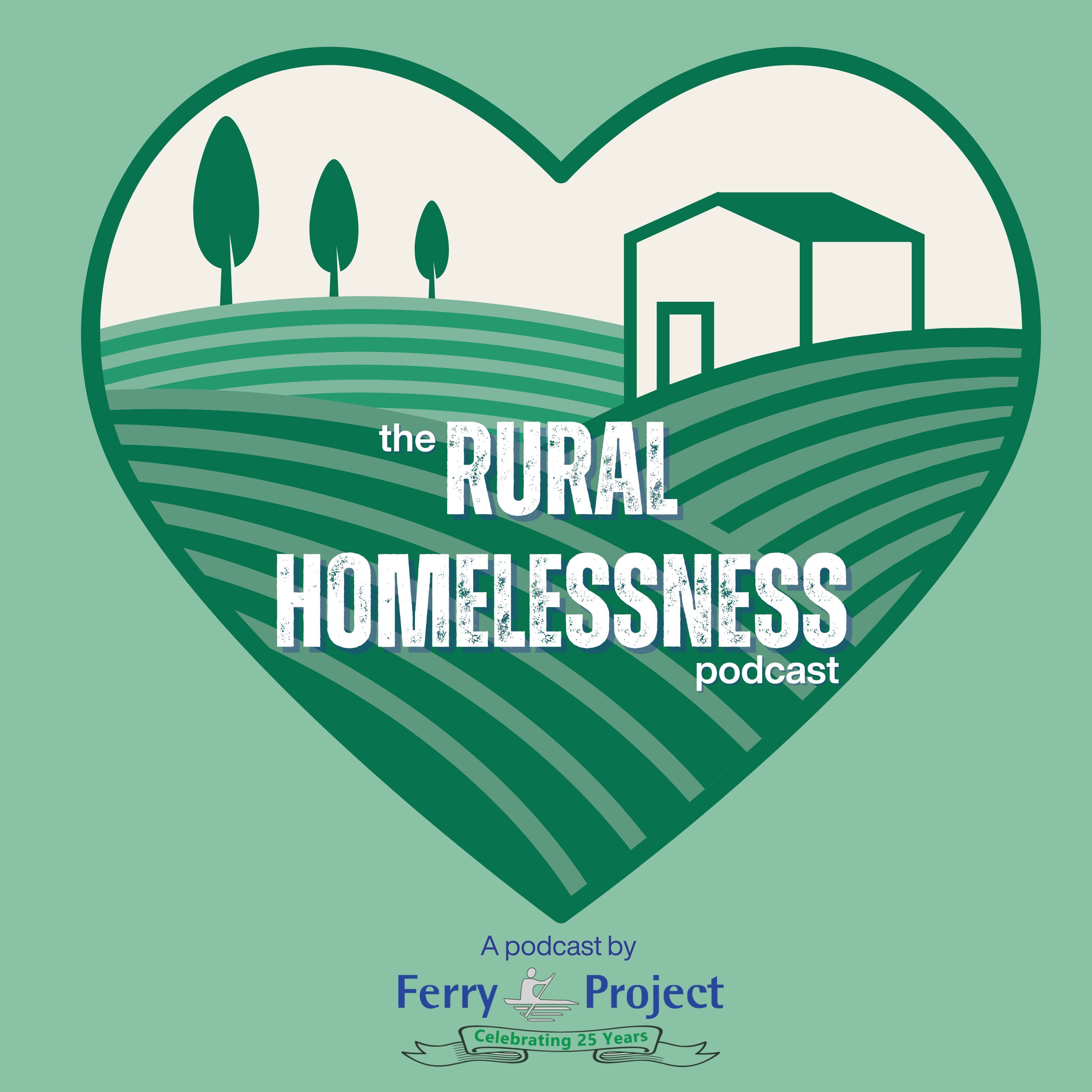Listen "ep5 How Modular Housing Can Address Rural Homelessness"
Episode Synopsis
In this episode of the Rural Homelessness Podcast, Matt McChlery discusses how modular housing can help address rural homelessness. He is joined by Lewis Herbert, the manager of Allia Future Homes, and Daniel Renn, the Allia Future Homes Housing Development Lead. They explain that modular housing involves constructing sections of a building in a factory and then transporting them to the site for assembly. Modular housing offers benefits such as speed, cost-effectiveness, quality control, sustainability, and flexibility. It can be used in various sectors, including housing for the homeless. The challenges of modular housing include overcoming the stigma and lack of awareness, navigating building codes and regulations, and transportation logistics. The hope for the future of modular housing is mainstream acceptance, supportive policies, innovation, and wider use to address the housing shortage and homelessness crisis.
Websites
ferryproject.org.uk
Allia Future Homes website
Takeaways
Modular housing involves constructing sections of a building in a factory and then transporting them to the site for assembly.
Modular housing offers benefits such as speed, cost-effectiveness, quality control, sustainability, and flexibility.
Modular housing can be used in various sectors, including housing for the homeless.
Challenges of modular housing include overcoming stigma and lack of awareness, navigating building codes and regulations, and transportation logistics.
The hope for the future of modular housing is mainstream acceptance, supportive policies, innovation, and wider use to address the housing shortage and homelessness crisis.
Chapters
00:00 Introduction to the Rural Homelessness Podcast
01:05 Introduction to Alia Future Homes
06:57 Problems and Challenges in the Current Housing Situation
11:43 Benefits of Modular Housing
13:09 Affordability of Modular Homes
15:06 Modular Housing for the Homeless
21:11 Use of Modular Housing in Jubilee Place
24:05 Modular Housing for Rural Homelessness
26:14 Challenges and Hopes for the Future of Modular Housing
29:10 Call for Support and Collaboration
Websites
ferryproject.org.uk
Allia Future Homes website
Takeaways
Modular housing involves constructing sections of a building in a factory and then transporting them to the site for assembly.
Modular housing offers benefits such as speed, cost-effectiveness, quality control, sustainability, and flexibility.
Modular housing can be used in various sectors, including housing for the homeless.
Challenges of modular housing include overcoming stigma and lack of awareness, navigating building codes and regulations, and transportation logistics.
The hope for the future of modular housing is mainstream acceptance, supportive policies, innovation, and wider use to address the housing shortage and homelessness crisis.
Chapters
00:00 Introduction to the Rural Homelessness Podcast
01:05 Introduction to Alia Future Homes
06:57 Problems and Challenges in the Current Housing Situation
11:43 Benefits of Modular Housing
13:09 Affordability of Modular Homes
15:06 Modular Housing for the Homeless
21:11 Use of Modular Housing in Jubilee Place
24:05 Modular Housing for Rural Homelessness
26:14 Challenges and Hopes for the Future of Modular Housing
29:10 Call for Support and Collaboration
More episodes of the podcast The Rural Homelessness Podcast
ep8 Shining a Light on Rural Homelessness
15/09/2024
ep7 Challenges of Employment in Rural Areas
01/09/2024
 ZARZA We are Zarza, the prestigious firm behind major projects in information technology.
ZARZA We are Zarza, the prestigious firm behind major projects in information technology.
